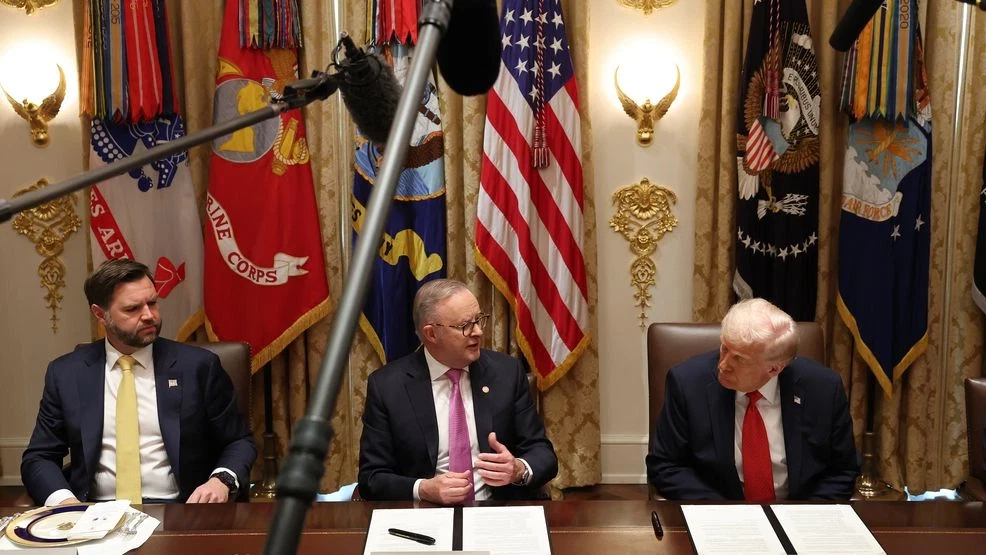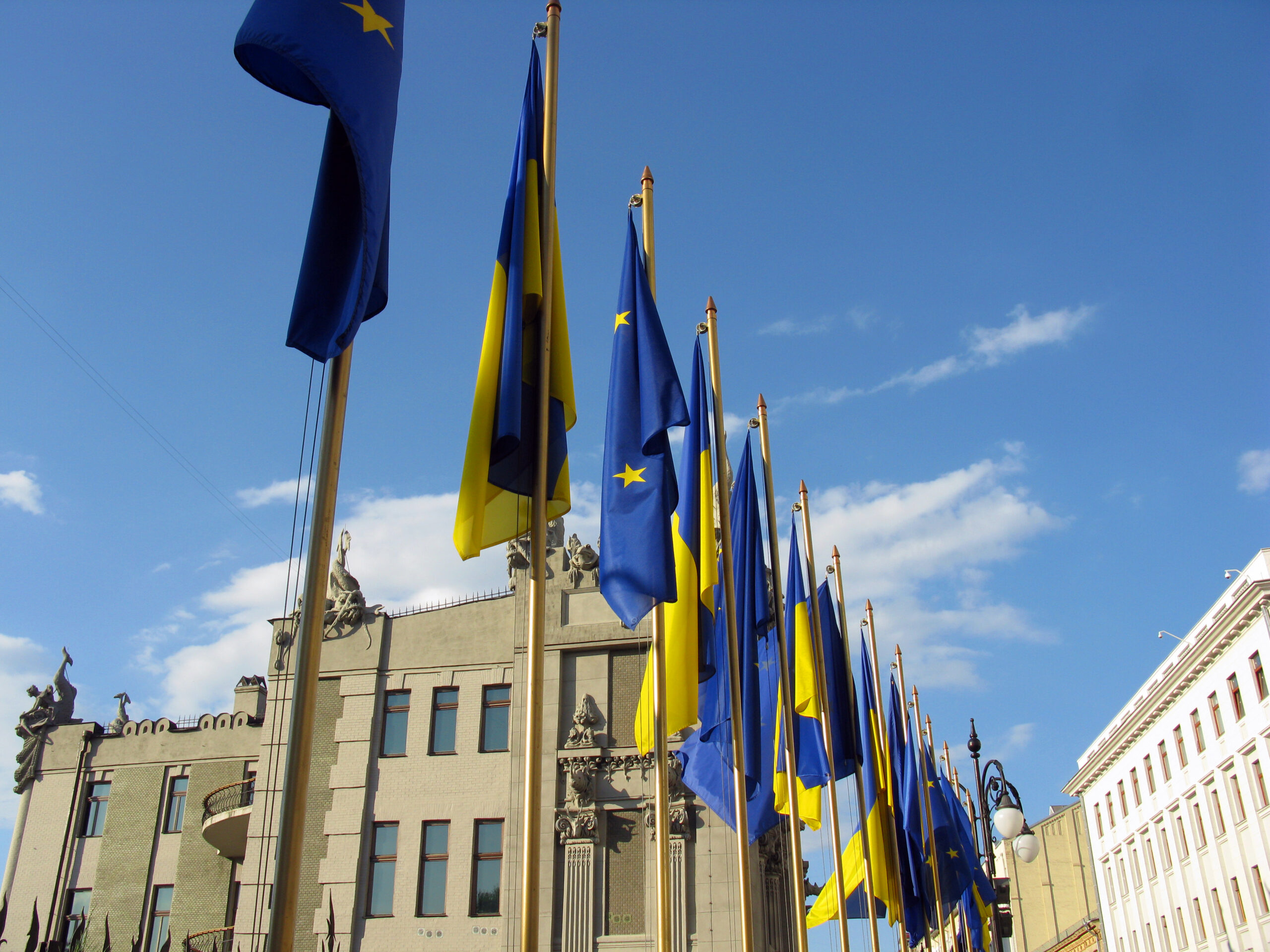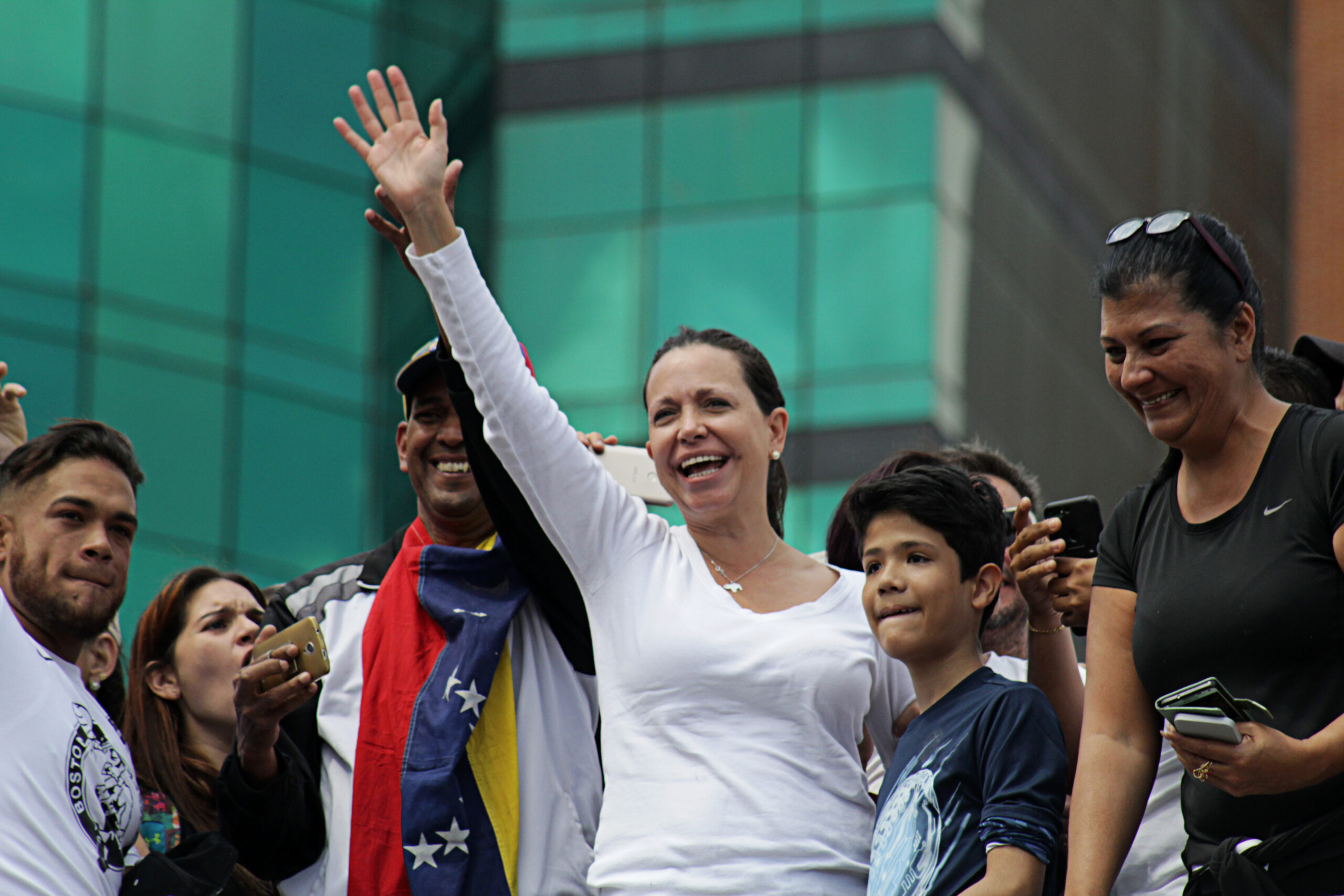This week in Australian foreign affairs: Prime Minister Anthony Albanese confirms early outreach to key international partners, including US President Donald Trump; Foreign Minister Penny Wong reiterates Australia’s stance on Gaza; responses to Trump’s tariffs on foreign fims, and more.
On 5 May, in a press conference in Canberra, newly re-elected Prime Minister Anthony Albanese confirmed early outreach to key international partners, including calls with US President Donald Trump, Indonesian President Prabowo Subianto, Singaporean Prime Minister Lawrence Wong, Ukrainian President Volodymyr Zelenskyy, and New Zealand Prime Minister Christopher Luxon. Albanese also accepted an invitation from Canadian Prime Minister Mark Carney to attend the G7 summit in June. Albanese described his call with Trump as “warm and positive,” noting discussions on AUKUS and tariffs, with a commitment to future engagement. He reaffirmed Indonesia as the destination for his first bilateral visit, reflecting continued focus on regional diplomacy. Albanese emphasised Australia’s commitment to international cooperation, trade, and multilateralism as central to his government’s second-term agenda.
In a post-election interview on Sky News First Edition on 6 May, Foreign Minister Penny Wong reaffirmed Australia’s principled stance on the conflict in Gaza, reiterating calls for a ceasefire, the return of hostages, and the urgent delivery of humanitarian aid. She described the humanitarian situation in Gaza as “catastrophic” and emphasised that no aid had been delivered in weeks. Wong rejected suggestions that Australia’s position on the Middle East conflict had shaped the election result, instead highlighting that voters were more concerned with cost-of-living pressures and domestic issues. She declined to speculate on hypothetical scenarios involving Israeli Prime Minister Benjamin Netanyahu and possible international legal processes but noted the importance of avoiding the importation of overseas conflict into Australian society. She maintained that the deeply distressing nature of the conflict had polarised some elements of the Australian public and underscored the government’s efforts to promote community cohesion.
On trade and economic diplomacy, Wong underscored the government’s continued commitment to trade diversification as a pillar of economic resilience. She noted progress in removing AU$20 billion in trade impediments with China and highlighted recent agreements with Southeast Asia and the UAE. She welcomed the potential for a Free Trade Agreement with the European Union, characterising it as a strategic step to reduce overreliance on any single market. In response to reports that Australia might remove its luxury car tax as part of trade negotiations with the EU, Wong did not confirm specifics but reiterated the importance of reciprocal access for agricultural exports.
Wong also reflected on Prime Minister Anthony Albanese’s early post-election phone call with President Donald Trump, describing it as an important signal of continued engagement. In discussions surrounding trade and the creative industries, Wong voiced growing concern over proposed US tariffs, particularly the Trump administration’s plan to impose a 100 per cent tariff on foreign-made films. She warned such a move would severely damage Australia’s $5 billion film industry, placing thousands of jobs at risk and threatening the longstanding partnership between Australian talent and US studios. Citing recent examples such as The Fall Guy and Elvis, she noted that many high-profile American films are made in Australia and rely on deep trans-Pacific collaboration. While acknowledging President Trump’s comment that he would consult with Hollywood studios, Wong said Australia would continue to advocate strongly for the protection of this mutually beneficial creative sector. Wong emphasised the extensive collaboration between the US and Australian film sectors, urging the Trump administration to recognise the mutual benefits of maintaining such partnerships. She confirmed that the government would resume efforts to seek exemptions from these tariffs now that the caretaker period has ended.
Dr Adam Bartley is the managing editor for AIIA’s Australian Outlook and weekly columnist for The Week in Australian Foreign Affairs. He is a former Fulbright Scholar and non-resident fellow at the Elliot School for International Affairs, the George Washington University. Adam also has positions as post-doctoral fellow at the Centre for Cyber Security Research and Innovation RMIT University and as program manager of the AI Trilateral Experts Group. He can be found on Twitter here.
This article is published under a Creative Commons License and may be republished with attribution.




